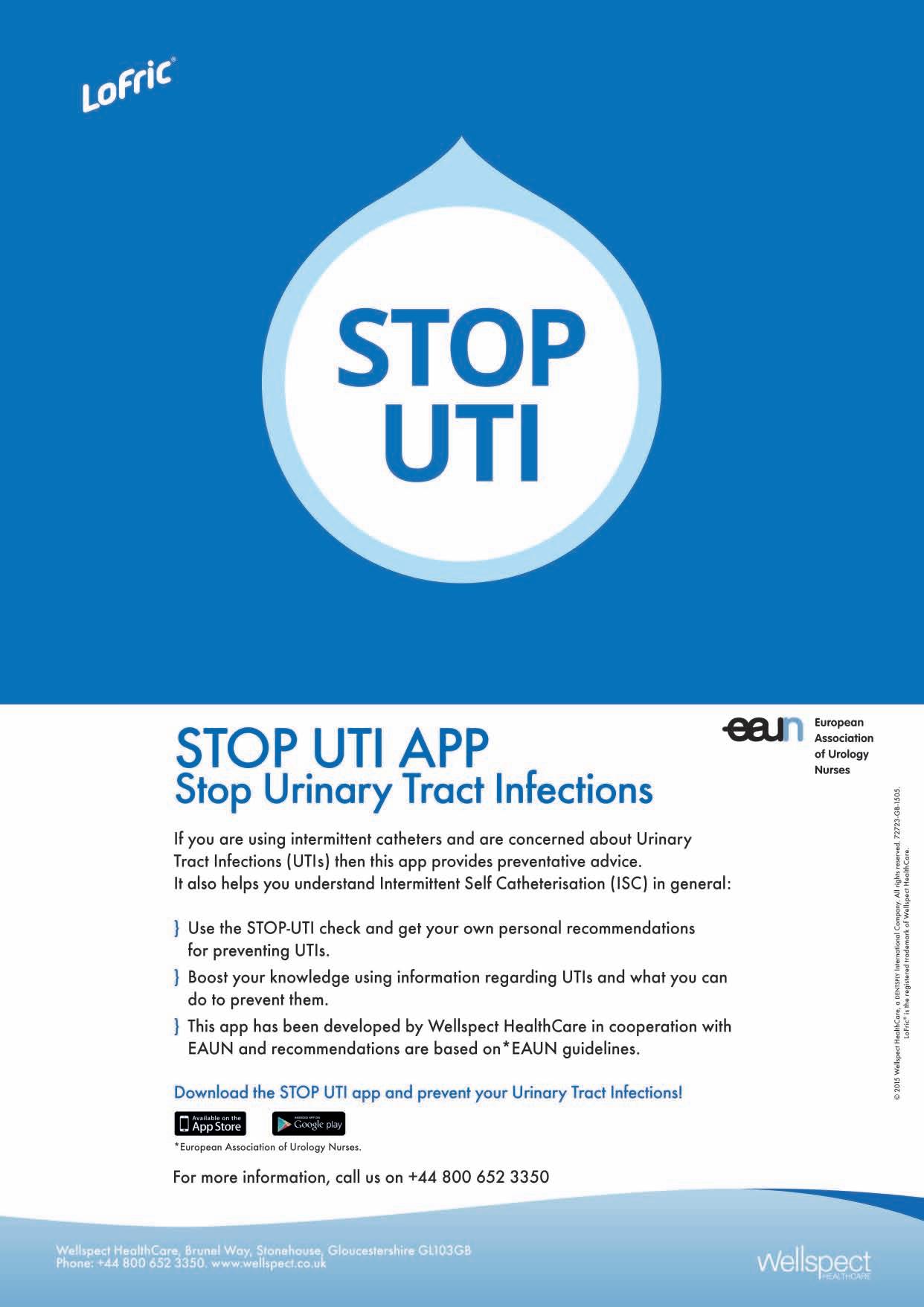
3 minute read
Birds of Paradise Theatre Company
Named after their first production, an adaptation of Ronald Laing’s Sweet Bird of Paradise, Birds of Paradise Theatre Company (BOP) was established in 1989. At this time, many protested against the inadequacies of the Chronically Sick and Disabled Persons Act (1970), where it was still lawful to be refused entry to a theatre because you were disabled. Through a combination of direct action and political pressure from the Employer’s Forum on Disability, the Conservative Government introduced the Disability Discrimination Act (1995). This legislation did take steps to make the UK a more inclusive and accessible place. It was in this atmosphere of fighting for disability equality that plans for Birds of Paradise Theatre Company were hatched.
BOP, along with other companies was redefining the way disabled people were perceived on stage. BOP wanted to improve equality in the arts for disabled people by creating opportunities for disabled actors on main stages throughout Scotland. No longer should their presence be associated with community theatre or amateur drama. They were now demonstrating to audiences and fellow artists that not only were there talented disabled performers, but that these individuals had rich and valuable experiences to share with people.
Advertisement
“[BOPs] first major stage debut took place in 1990 during the Glasgow City of Culture celebrations… This was probably the first time many Scottish audiences had viewed work that challenged the aesthetics of theatre-making while at the same time challenging their own prejudices and perceptions…”
Angela Hogg, Senior Drama Officer, Scottish Arts Council
BOP used the arts to raise awareness in audiences: Awareness about the lack of disabled people in the arts; of the different experiences faced by disabled people; awareness, in some cases of their own ignorance about disability.
“I brought only one idea. The play must have strong parts for as many disabled actors as possible, so should be set in a world where the able-bodied were a pitiable minority… I needed to know the everyday embarrassments of being disabled so that my able bodied hero could suffer these also.”
Alasdair Gray, Playwright, Working Legs, 1998
Alasdair’s ambition to give disabled actors strong, well written parts is still a sentiment held today. Historically, disabled characters were predominantly portrayed as weak, villainous or “the other” (Richard III, Quasimodo). Even though these characters were far from flattering, the chance of a disabled actor being given the part was low.
An important part of BOP’s approach is to ensure their work portrays strong, assertive and likeable disabled characters that subvert the stereotypes. Laura, Amy Conachan’s character in Wendy Hoose (2014), is unabashed about her disability – it is Jake - the love interest - who is initially awkward, bashful and insecure. BOP’s work, however isn’t only about disability. Their work contains layered, nuanced stories that appeal to both the disabled and non-disabled. BOP’s characters demonstrate the similarities between the disabled and non-disabled, often emphasised by using integrated casts. Crazy Jane (2015) is a play about a lady with a mental health condition who goes to work at the Moulin Rouge but the deeper themes - insecurity, abuse, self discovery are emotions everyone can relate to.
BOP is recognised as one of Scotland’s most innovative and exciting companies. This credibility is supported by good reviews in the press and also by the calibre of companies wanting to work with them.
Wendy Hoose was made in co-production with Random Accomplice, and was so successful it toured for three consecutive years across the UK and Spain, including a run at Edinburgh Festival Fringe; Crazy Jane was scored by Scottish hip-hop duo Hector Bizerk - the soundtrack went on to be nominated for Scottish Album of the Year 2016; Purposeless Movements (2016) was made in co-production with international arts space Tramway, was nominated for “Best Ensemble Production 2016” and “Best Director 2016” at the Critics Awards for Theatre in Scotland (CATS) and featured Colin Young from Call the Midwife (BBC) people have been stigmatised as a drain on resources and disability motivated hate crimes have soared. Theatre and the arts can play a key role in demystifying the disability stereotype. After Wendy Hoose, Amy Conachan made the leap into television and now plays Courtney Campbell in Hollyoaks (Channel 4), one of the few disabled actors to regularly appear on TV Having disabled people in the public eye is one key way of changing perspectives on disability.
First and foremost BOP is a theatre company and they take great pride in the creative work they produce. Blanche & Butch opens in September (Tron Theatre, Glasgow - then touring) and Tin Soldier, a Christmas show for young people and families, in December (Studio @ Festival Theatre, Edinburgh). While they primarily want audiences to be entertained, they recognise the responsibility they have to support disabled artists and audiences alike. Resources such as audio description and British Sign Language are embedded in the fabric of their production.


They also support others through training organisations and providing valuable resources like the Access Scottish Theatre Guide By providing support to disabled artists, in the form of development opportunities, they have given more disabled artists access to the skills and knowledge they require to make work, to explore disability through their own lens and help to provide more opportunities for audiences to engage with work by disabled artists. This dual approach of creating theatre for/with disabled people and by supporting disabled audiences and artists to engage in the industry, is integral to their approach to improving disability equality in the arts in the present and into the future.


Member Profile: Craig McRonald










